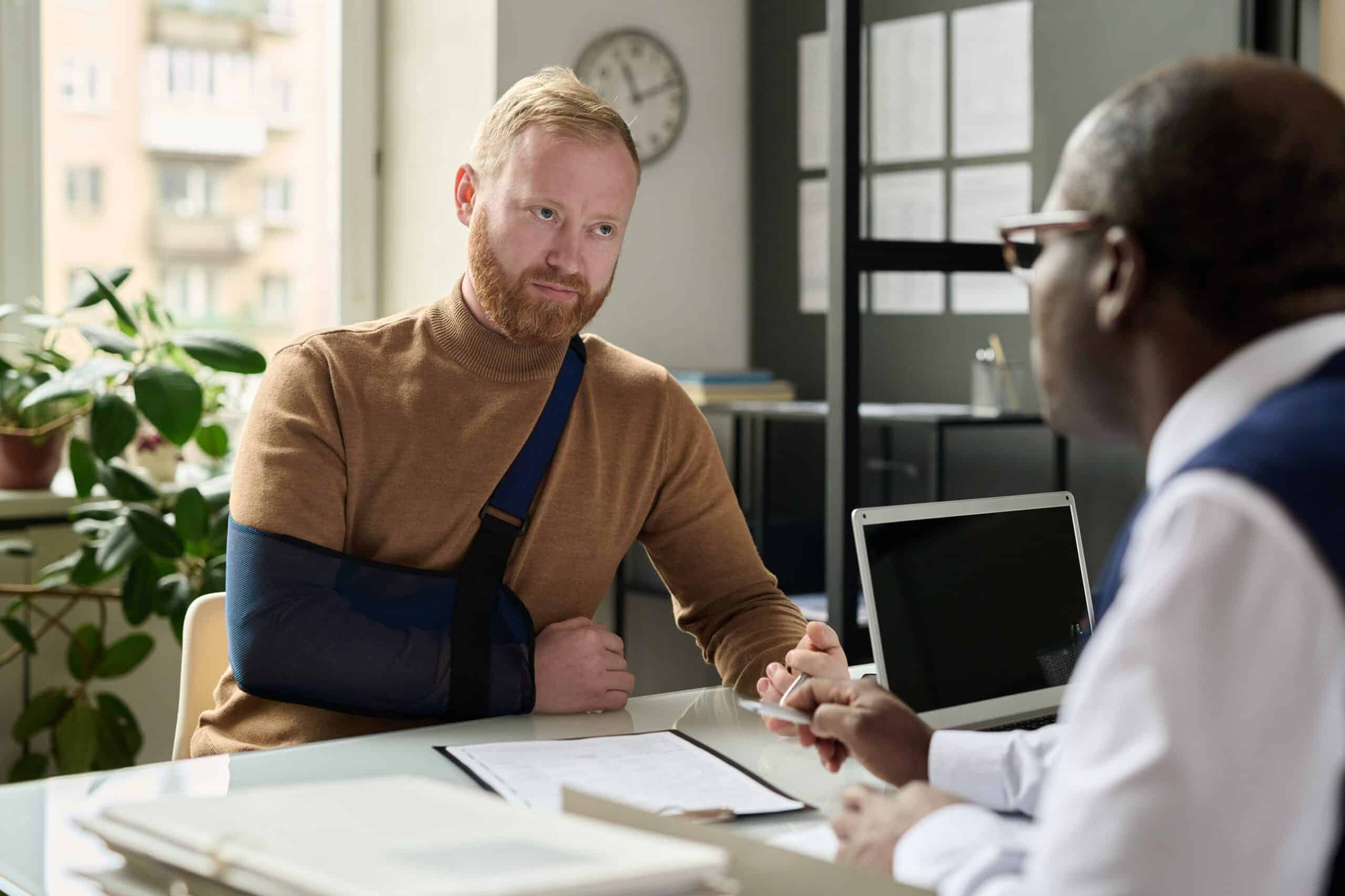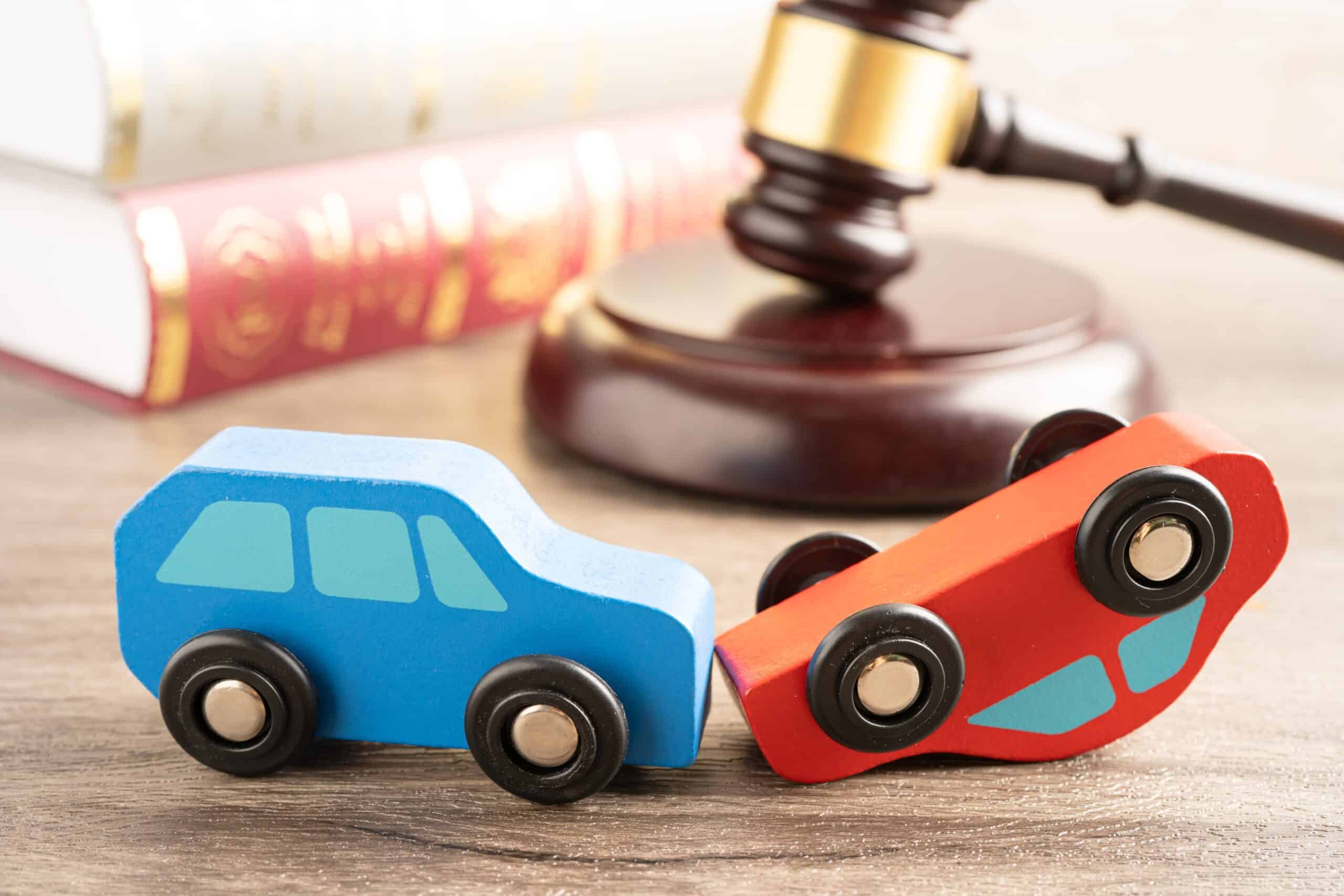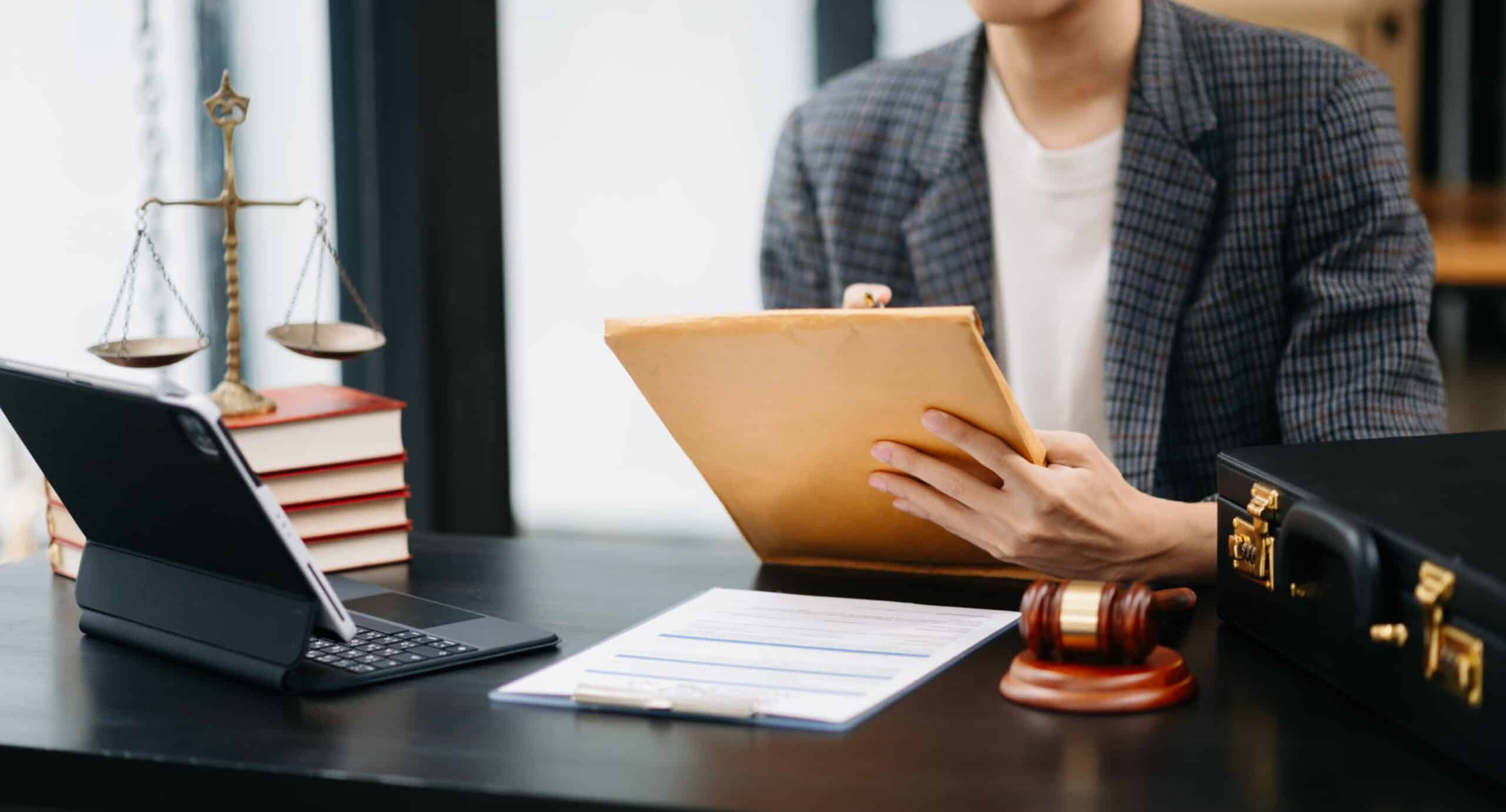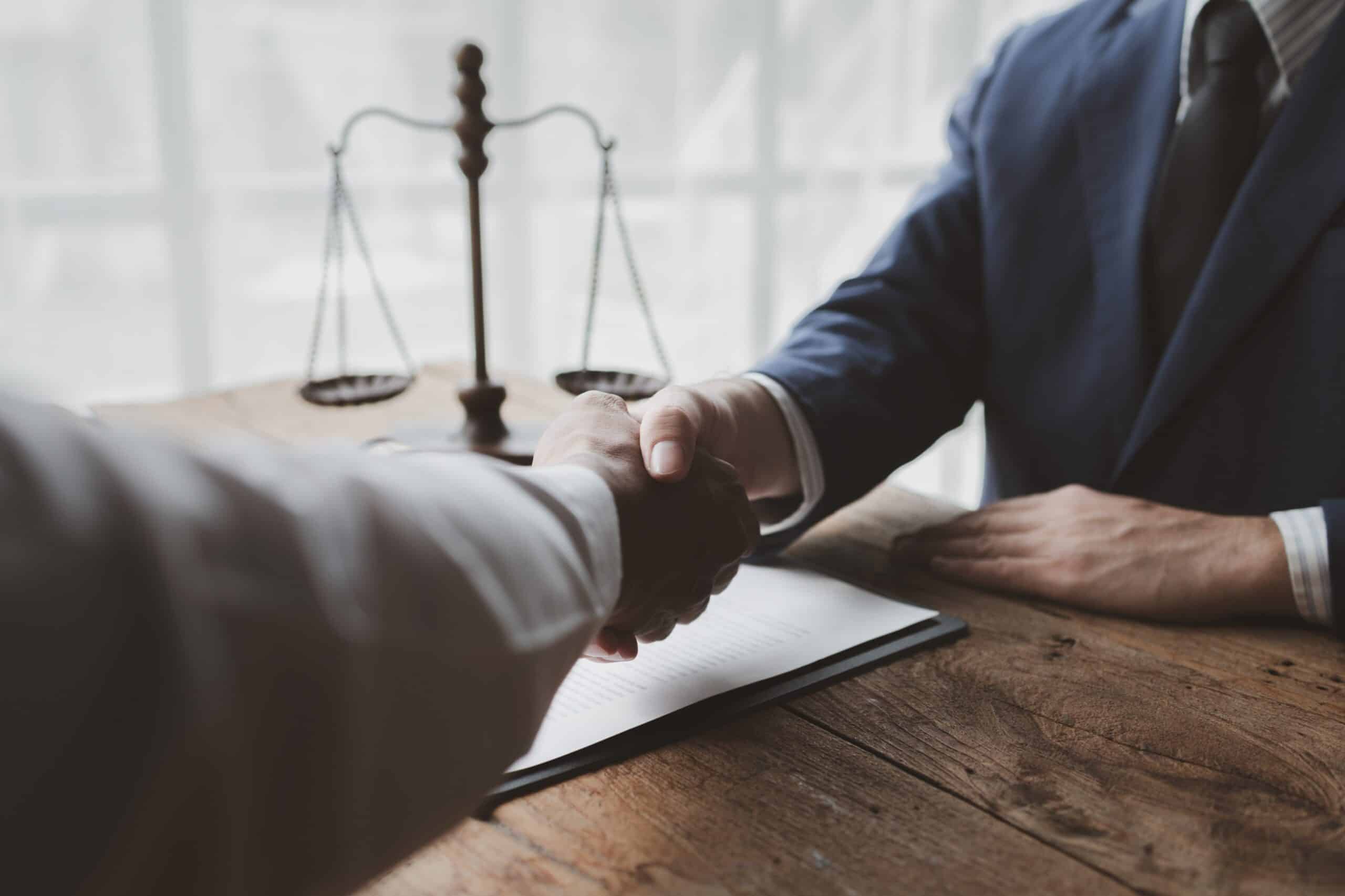Here is Everything You Need to Know About Interrogatories in PI Law – Guest Post

Have you been injured due to someone else’s negligence and are considering pursuing a personal injury (PI) lawsuit? If so, you’ll likely encounter a legal process called interrogatories during the pre-trial phase. Interrogatories are written questions exchanged between opposing parties in a lawsuit. They are crucial for gathering information and building a solid case.
This article discusses interrogatories in PI law, focusing on the information the opposition may seek and how to respond effectively. For a more in-depth understanding of interrogatories, you should talk to a personal injury lawyer.
What are Interrogatories and Why Are They Important?
Personal injury law focuses on compensating individuals who have suffered physical or emotional harm due to another party’s negligence. In the pre-trial discovery phase, both sides can gather information from each other through various methods. Interrogatories are written questions one party submits to the other, requiring written answers under oath.
These questions aim to uncover crucial details about the case, such as the events leading up to the accident, the extent of the injuries, and the damages incurred. By exchanging interrogatories, both parties gain valuable insights into the strengths and weaknesses of the opposing case. This information can be used to negotiate a settlement, prepare for trial, or identify areas where further investigation is needed.
What Kind of Information Can Be Requested in Interrogatories?
The scope of interrogatories in PI law can be broad, but they typically focus on the following categories:
- Background Information: These questions establish basic facts about the parties involved. They might ask for your name, address, employment information, and any prior injuries or medical conditions relevant to the current case.
- Details About the Accident: This section delves into the specifics of the incident. Questions might include the date, time, and location of the accident, how it happened (for example, a car collision or slip-and-fall), the parties involved (drivers, property owners), any witnesses present (if any), and the actions taken immediately after the event.
Responding to Interrogatories: Key Considerations
Interrogatories may seem straightforward, but responding thoughtfully and accurately is crucial. Here are some key points to remember:
- Take Interrogatories Seriously: While they might seem like a formality, interrogatories are a part of your PI case. Only complete or accurate answers can weaken your case or even lead to court sanctions.
- Time Limits: There are strict deadlines for responding to interrogatories. Missing these deadlines can result in the judge striking your answers or dismissing your case entirely.
- Truthful and Complete Answers (Under Oath): Remember, your answers are made under oath, meaning you are legally obligated to be truthful and complete in your responses. Providing false or misleading information can have serious consequences, including perjury charges.
- Wording Your Answers Carefully: While honesty is paramount, it’s equally important to avoid speculation or admissions of fault. Focus on providing factual information based on your recollection of events. If you need help answering a question, consult with your lawyer immediately.
Seeking Legal Help
Navigating the legal complexities of interrogatories can be challenging, especially for those unfamiliar with the legal system. Consulting with a personal injury lawyer is highly recommended. Here’s how a lawyer can be invaluable during the interrogatory process:
- Understanding the Questions: Interrogatories can be complex and ambiguous. A lawyer can help you understand the true intent behind each question and ensure your answers are responsive and relevant.
- Drafting Clear and Concise Answers: Your lawyer can guide you in crafting clear, concise, and accurate answers that protect your rights. They can help you avoid making unintentional admissions of fault or jeopardizing your case.
Additional Tips for Responding to Interrogatories
- Gather Information: Before responding, review any relevant documents such as police reports, medical records, or witness statements. This can help refresh your memory and ensure your answers are consistent.
- Organize Your Answers: Number your answers to correspond with the questions to avoid confusion.
- Proofread Carefully: After completing your answers, review them carefully for any errors or inconsistencies. Have a trusted friend or family member proofread them as well.
Conclusion
Interrogatories are a significant part of the pre-trial discovery process in PI cases. By understanding the types of information they seek and how to respond effectively, you can ensure your case proceeds smoothly. Remember, consulting with a personal injury lawyer is highly recommended. Their expertise can be invaluable in navigating the interrogatory process and protecting your rights throughout your PI lawsuit.












